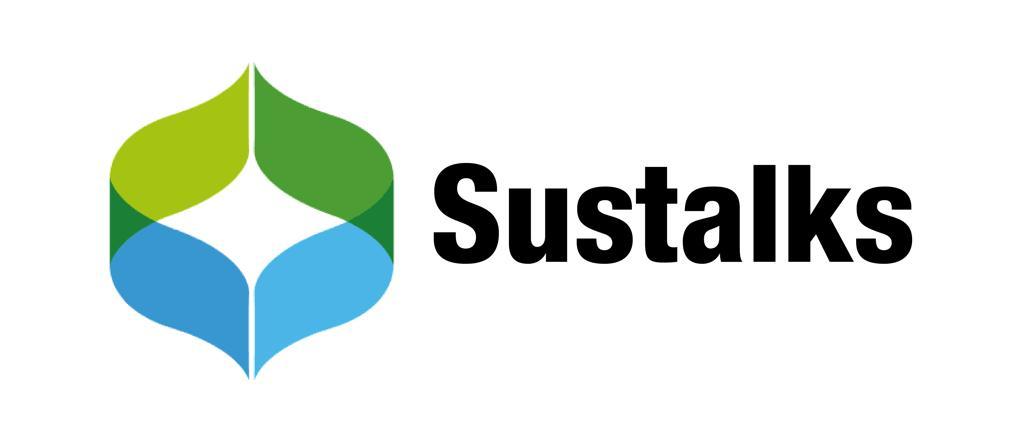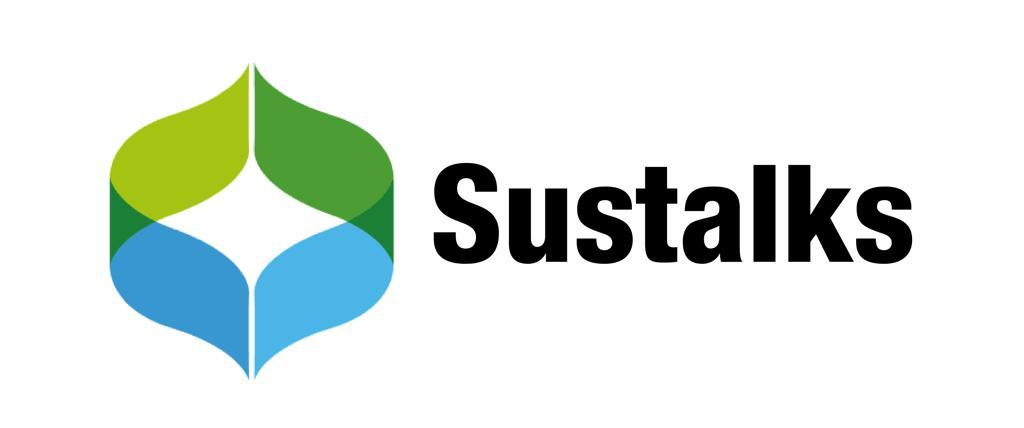In the dynamic and rapidly growing city of Dubai, workwear plays a pivotal role across various industries. From the gleaming skyscrapers that define the skyline to the sprawling malls and the bustling ports, the need for appropriate work attire has become increasingly significant. This article delves into the importance of uniforms in dubai, their evolution over the years, and how coveralls have become essential in certain sectors.
The Importance of Uniforms in Dubai's Diverse Workforce
Dubai's workforce is one of the most diverse in the world, comprising individuals from various cultural, ethnic, and professional backgrounds. This diversity makes the implementation of uniforms in Dubai a critical factor in maintaining consistency, professionalism, and safety across different industries.
Uniforms in Dubai serve multiple purposes:
-
Identity and Branding: Uniforms help companies establish a brand identity. In a city like Dubai, where businesses strive to stand out, having a distinct uniform can make a significant difference. For instance, the hospitality industry, which is a major sector in Dubai, relies heavily on well-designed uniforms to reflect the brand's image and provide a sense of unity among the staff.
-
Safety and Compliance: In sectors such as construction, manufacturing, and oil & gas, uniforms are more than just a dress code. They are an essential component of safety protocols. High-visibility clothing, flame-resistant materials, and other specialized uniforms ensure that workers are protected from potential hazards.
-
Professionalism and Discipline: Uniforms also contribute to a sense of professionalism and discipline in the workplace. They create an environment where employees are encouraged to perform at their best, knowing that they represent their company in their attire.
-
Cultural Sensitivity: Dubai's unique cultural landscape necessitates a certain level of cultural sensitivity in uniform design. Companies must balance modernity with respect for local customs and traditions, which can be a delicate task. For instance, some uniforms might incorporate traditional elements or modest designs to align with the cultural norms of the region.
Evolution of Workwear in Dubai
The journey of uniforms in Dubai has been marked by rapid changes, reflecting the city's evolution from a small trading port to a global business hub.
Early Days: In the early days of Dubai’s development, workwear was simple and functional, often influenced by the region's harsh climate. Loose-fitting garments made from lightweight fabrics were common, providing comfort in the hot and arid conditions.
Modernization and Industrialization: With the discovery of oil and the subsequent economic boom, Dubai saw a surge in industrial activities. This period marked the beginning of more structured and safety-oriented workwear. Uniforms in Dubai began to incorporate safety features, such as helmets, steel-toed boots, and reinforced fabrics, particularly in the construction and oil & gas sectors.
Global Influence and Corporate Culture: As Dubai grew into a global business hub, the influence of international fashion and corporate culture became evident in workwear. Companies began adopting more formal and sophisticated uniforms, especially in the service and hospitality sectors. This era also saw the rise of branded uniforms, where companies used their workwear as a tool for marketing and brand recognition.
The Role of Coveralls in Dubai's Work Environment
Among the various types of workwear, coveralls have become an indispensable part of certain industries in Dubai. Coveralls are one-piece garments that cover the entire body, providing comprehensive protection for workers.
Key Industries Utilizing Coveralls:
-
Construction: The construction industry in Dubai is one of the largest in the world, with projects ranging from residential complexes to iconic skyscrapers. Coveralls are crucial in this sector, offering protection against dust, debris, and other potential hazards. They are designed to be durable and resistant to wear and tear, making them ideal for the demanding conditions of construction sites.
-
Oil & Gas: In the oil & gas industry, safety is of paramount importance. Workers are often exposed to extreme conditions, including high temperatures, hazardous chemicals, and the risk of fire. Coveralls used in this industry are typically made from flame-resistant materials and are designed to protect workers from these dangers.
-
Manufacturing: The manufacturing sector in Dubai is diverse, encompassing everything from electronics to heavy machinery. Coveralls are commonly used in this sector to protect workers from potential accidents and to maintain hygiene in environments where cleanliness is critical, such as in food processing plants.
-
Automotive Industry: Mechanics and workers in the automotive industry also rely on coveralls to protect their clothing from oil, grease, and other substances. These garments are designed to withstand frequent washing and are often equipped with multiple pockets for tools, making them both practical and durable.
Design and Functionality: The Making of Modern Coveralls
The design of coveralls has evolved significantly over the years, driven by the need for greater functionality and comfort.
Material Choices: Modern coveralls are made from a variety of materials, each selected for specific properties. For example, cotton coveralls are breathable and comfortable, making them suitable for hot climates like Dubai's. Synthetic materials, such as polyester and nylon, offer durability and resistance to chemicals, making them ideal for industrial applications.
Features for Enhanced Safety: Safety features have become increasingly important in the design of coveralls. High-visibility strips, flame-resistant fabrics, and reinforced seams are common in work environments where safety is a concern. Some coveralls also include additional features like knee pads, hoods, and detachable linings for added protection and comfort.
Customization and Branding: Like uniforms in Dubai, coveralls are often customized with company logos and colors. This not only promotes brand identity but also helps in the quick identification of workers on-site. In industries where multiple contractors may be working together, such as construction, this can be particularly useful.
Sustainability in Workwear: A Growing Concern
As global awareness of environmental issues increases, the sustainability of workwear, including coveralls and uniforms in Dubai, has come under scrutiny. Companies are now exploring ways to reduce the environmental impact of their workwear choices.
Eco-Friendly Materials: One approach is the use of eco-friendly materials, such as organic cotton or recycled polyester. These materials not only reduce the carbon footprint of the garments but also appeal to environmentally conscious consumers and employees.
Recycling and Reuse: Another trend is the recycling and reuse of workwear. Some companies in Dubai have started initiatives where old uniforms and coveralls are collected and repurposed, either by donating them to charitable organizations or by recycling the materials for new garments.
Ethical Manufacturing: The ethical aspect of manufacturing is also gaining attention. Companies are increasingly looking for suppliers who adhere to fair labor practices and environmentally responsible manufacturing processes.
The Future of Workwear in Dubai
The future of uniforms in Dubai and coveralls is likely to be shaped by several key trends:
Technological Integration: As technology continues to advance, we can expect to see more integration of smart features in workwear. This could include sensors embedded in coveralls to monitor the health and safety of workers or uniforms with built-in communication devices.
Personalization and Comfort: With a growing emphasis on employee well-being, there is likely to be a shift towards more personalized and comfortable workwear. This could involve the use of ergonomic designs and fabrics that adapt to the body’s movements, ensuring that workers can perform their tasks with ease.
Global Standards: As Dubai continues to position itself as a global business hub, there may be a move towards adopting international standards for workwear. This would ensure that uniforms in Dubai and coveralls meet the highest levels of safety and quality, making them suitable for use in any part of the world.
Sustainability as a Core Principle: Sustainability is expected to become a core principle in the design and production of workwear. Companies will need to balance the need for durable, high-quality uniforms with the responsibility to minimize environmental impact. This could lead to innovations in materials, manufacturing processes, and the lifecycle management of garments.
Conclusion
The significance of uniforms in Dubai and coveralls cannot be overstated. These garments are not just about compliance with dress codes; they are integral to the safety, identity, and professionalism of the workforce. As Dubai continues to grow and evolve, so too will the workwear that its diverse workforce relies on. The future of workwear in Dubai promises to be innovative, sustainable, and increasingly aligned with the global standards that the city aspires to. By embracing these changes, Dubai can continue to set an example as a leader in both business and workwear excellence.



